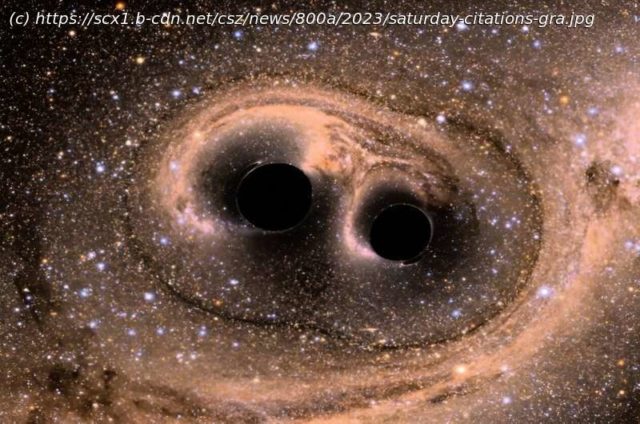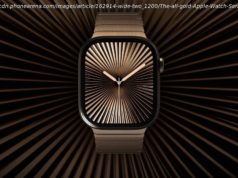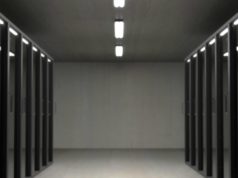This week, researchers proved empirically that life isn’t fair. Also, you’ll notice that, in a superhuman display of restraint, I managed to write a paragraph about the simulated universe hypothesis without once referencing “The Matrix.” (Except for this reference.)
researchers proved empirically that life isn’t fair. Also, you’ll notice that, in a superhuman display of restraint, I managed to write a paragraph about the simulated universe hypothesis without once referencing “The Matrix.” (Except for this reference.)
Oh, so a European research team has proven that flipped coins aren’t actually fair? Buddy, life isn’t fair! Do you think the world owes you two equally probable outcomes as established by an axiomatic mathematical formalization? When I was a kid, we didn’t even have coins! We had to roll dice! It took 10 minutes to start a football game! Oh, so a coin is very slightly more likely to land on the same face as its initial position? Quit crying! It’s only a meaningful bias if you flip a coin multiple times!
Applying a recently discovered physical law, a physicist at the University of Portsmouth has contributed to the discussion about whether or not the universe is a simulation. The simulated universe hypothesis proposes that the universe is actually a simulation running on a vastly complex computing substrate and we’re therefore all just NPCs, walking through our animation loops and saying, “Hail, summoner! Conjure me up a warm bed!” and “Do you get to the Cloud District often?”
In his previous research, Dr. Melvin Vopson, an information theory expert, suggested that information itself has mass and that all elementary particles store information about themselves. In 2022, he discovered a new law of physics based on the second law of thermodynamics, which says that entropy increases over time.






